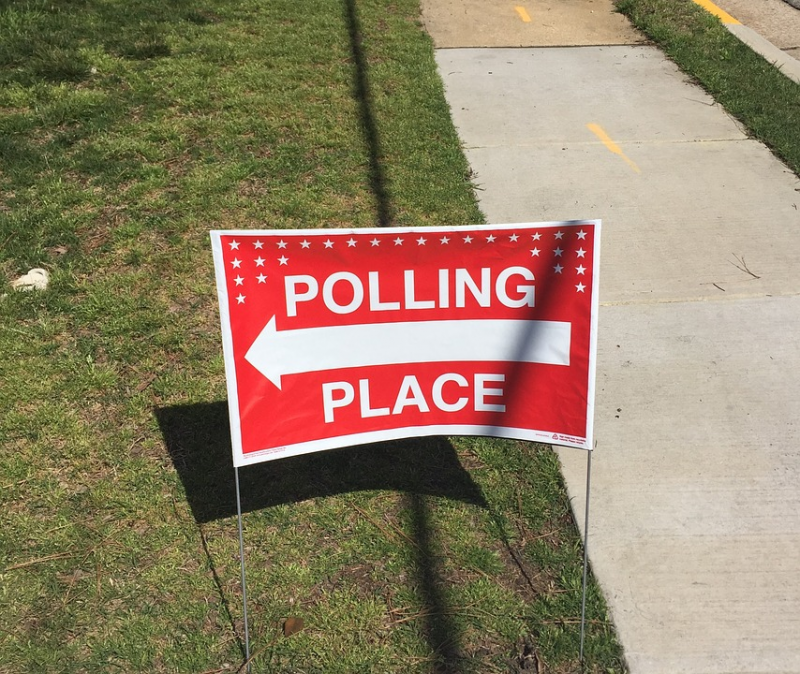“One person, one vote” is the impression we’ve been given in the United States. The problem with that premise is that most people don’t even vote. Corruption is rampant, especially at the state level, where major votes frequently occur with little warning to the public and with little concern to involving voters.
A major issue with state voting and voting in general is the requirement to only vote in a single precinct. Voters must go to a select location on a specific day, often during work hours to vote on issues that they may only be seeing for the first time. Unless voters are particularly savvy, they’re likely to pick whatever “looks good” when they vote. Research is rarely done beforehand, especially in non-presidential elections. This can lead to serious electoral manipulation.
Voter Turnout
To put things into perspective, just over half of citizens in the US that are old enough to vote actually do. In the last major election (which tends to garner significantly more public interest), only about 53% of the voting population actually turned out.
Understand what that really means. In 2012, 51.1 percent of the popular vote went to Obama, while Romney received 47.2% of the popular vote. Yet those votes combined only account for 53 percent of the people who could have voted anyway. By far, the most popular candidate choice was “I don’t care.”
When you compare these numbers to state elections, we’re faced with even more abysmal numbers. For instance, take Florida’s 2014 election which pitted Rick Scott against Charlie Crist. Turnout was around 50 percent, lower than national averages. Yet that hardly tells the full story. There are usually primaries to decide on the candidates each party will nominate.
In the primary portion of Florida’s election, only about 17 percent of voters actually cast a ballot. By the time the actual election took place, the other 83 percent of voters were essentially at the mercy of the 17 percent’s choice.
These numbers are significant because very little effort is put into getting citizens to participate in these critical elections. Part of the reason people are stuck choosing between two candidates they don’t want is because they were never informed of the primary elections beforehand.
Not All Legislation Gets the Popular Vote
The key to a democratic republic is that voters actually don’t get to vote on the vast majority of laws. Some legislation may require a public vote because it amends the state constitution, but most laws pass exclusively through the state houses and directly to the governor to be signed into law.
This ties in directly with major elections because candidates that didn’t even receive half the popular vote get into office and maintain control over the passage of laws. Accountability is just the tip of the iceberg.
State Integrity Is Abysmal at Best
According to an investigation into the transparency and integrity of individual US states, things aren’t looking so hot. The amount of state officials that abide by the law, are transparent about their backers and make public access to their business a priority is terribly, terribly low.
Take a look at New Mexico, where legislators decided they didn’t need to have their emails available by public request. I mean, it’s not like they’re being employed in service of the public, right?
This is to say nothing of the police, who are also state employees and by extension members of the state government. Recent disconnects between the citizenry and overzealous police have demonstrated further disconnect between public opinion and government mandate.
This is even more true for voters because they have no real say in who is doing the policing. Internal decisions and investigations are frequently the arbiters of destiny for the police, edging out the voter entirely.
No End in Sight
Although it may be an exaggeration to claim the government has reached catastrophic levels of corruption, it isn’t far off to suggest voters have very little input on what actually happens in their states.
The trend is not likely to change unless voters become louder and more active. While votes may be ignored, enough public outcry draws attention just as well as it always has. The people, once mobilized, cannot be ignored.
Do you have any thoughts on corruption in state government? How are things in your area? Please let us know and leave a comment below.
